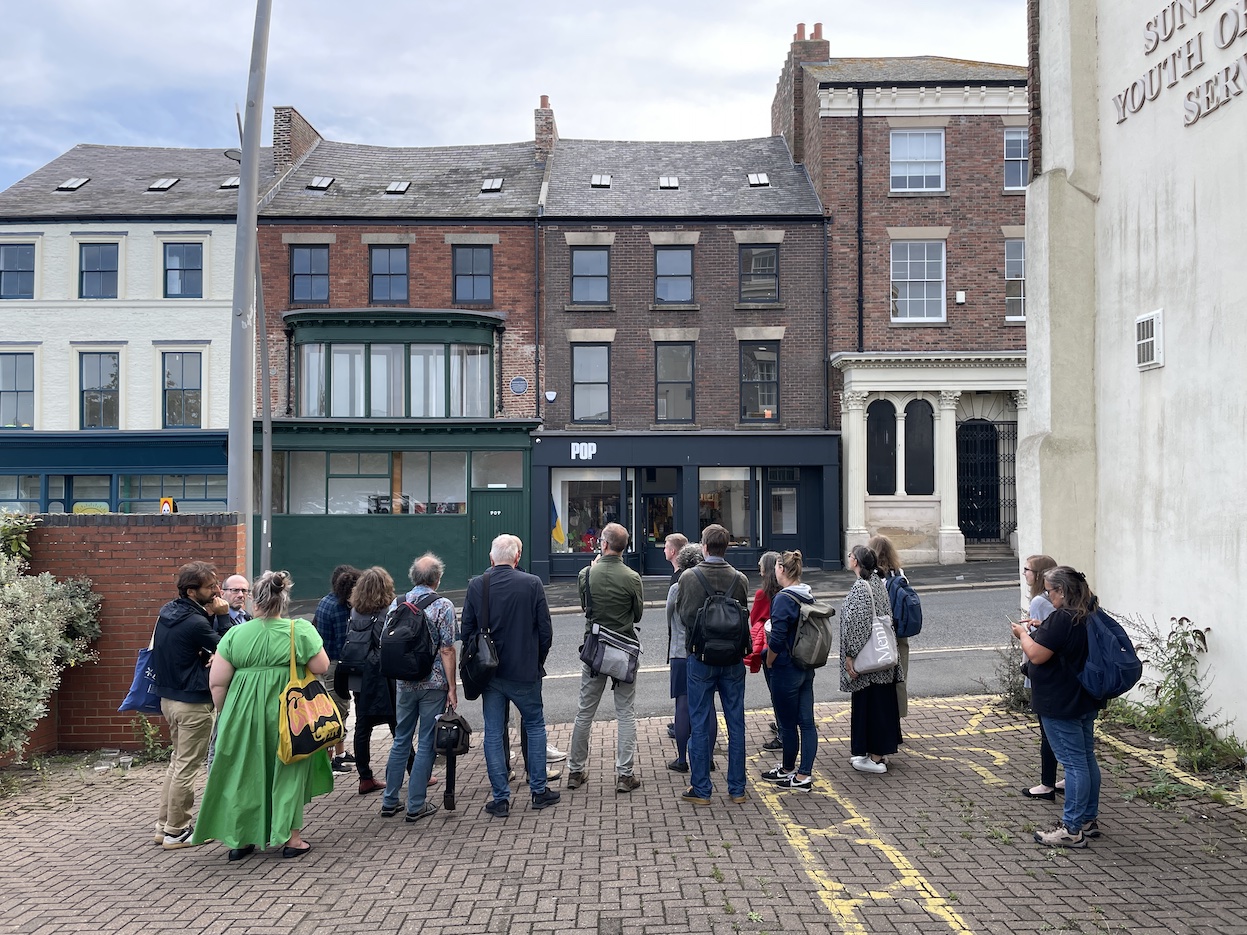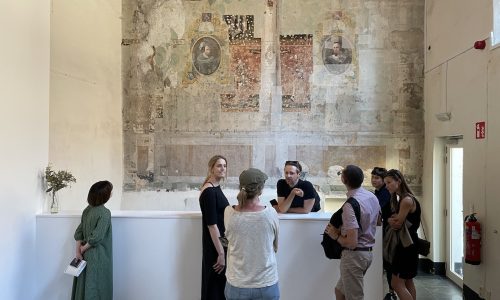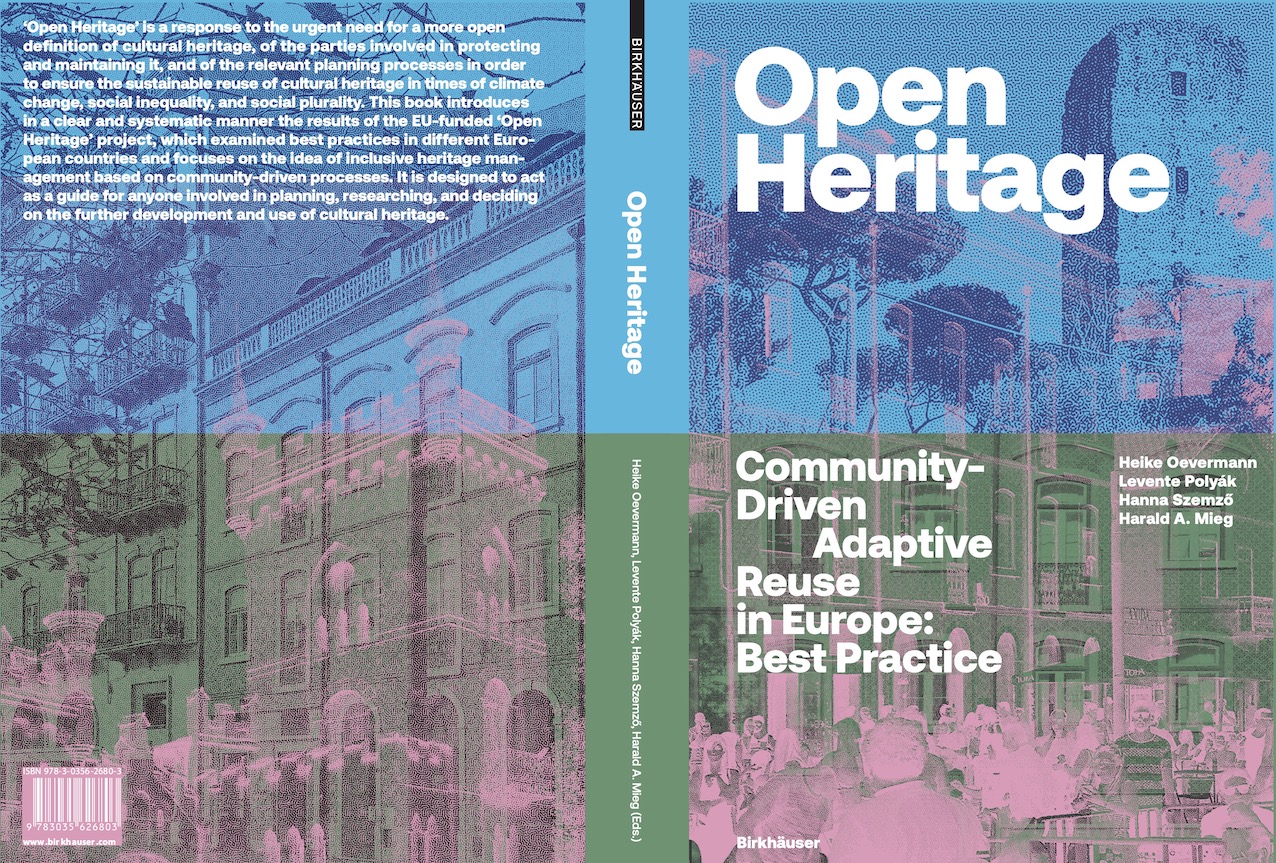Subscribe to our joint NEWSLETTER for
EUTROPIAN &
COOPERATIVE CITY MAGAZINE

Local collaborative civic ecosystems are important building blocks of our cities. Such ecosystems are based on connections: the more the constituting organisations and initiatives of local civil societies know each other, develop connections and work in a complementary way, the better they can respond to new challenges, by distributing or pooling their resources when needed. Such a collaboration organised around shared resources can lower entry thresholds for activities whether in the economic, cultural, social or environmental fields. Therefore, such a collaborative ecosystem can contribute to the creation of new services offering new, better adapted and more swift responses to emerging challenges and new networks of solidarity and care.


Eutropian has been active in conceiving more collaborative neighbourhoods by implementing an ecosystem-building methodology in various cities across Europe. Levente Polyák was Lead Expert of the URBACT Transfer Network ACTive NGOs where he supported six cities in organising civil society networks around community venues. Learning from this process and other good practices, we developed a methodology organised in a series of steps. This methodology has been used to inform the European Urban Initiative project CUP4Creativity in Újbuda, Budapest with a focus on the local cultural ecosystem as well the EUI project DARE in Ravenna, with a focus on the regeneration of the city’s former port area. Moreover, in the Interreg Europe project GOOD CITIES we support the creation of sharing systems to reduce consumption and waste.
In the past years, we have been using the ecosystem-methodology in a variety of contexts. Besides giving speeches and organising workshops in cities across Europe including Ljubljana, Prague, Bucharest and Lisbon, we also supported municipalities and civic initiatives to strengthen their local networks of cooperation. In Újbuda, Budapest, we contributed to the co-design of a system of sharing technical equipment, furniture and other tools between cultural organisations and venues. In order to share these insights with a broader audience, we published the book “The Power of Civic Ecosystems: How community spaces and their networks make our cities more cooperative, fair and resilient” and the methodology handbook “Local civic ecosystems: How to build more collaborative, cohesive and inclusive neighbourhoods?”

| Cookie | Duration | Description |
|---|---|---|
| cookielawinfo-checkbox-analytics | 11 months | This cookie is set by GDPR Cookie Consent plugin. The cookie is used to store the user consent for the cookies in the category "Analytics". |
| cookielawinfo-checkbox-functional | 11 months | The cookie is set by GDPR cookie consent to record the user consent for the cookies in the category "Functional". |
| cookielawinfo-checkbox-necessary | 11 months | This cookie is set by GDPR Cookie Consent plugin. The cookies is used to store the user consent for the cookies in the category "Necessary". |
| cookielawinfo-checkbox-others | 11 months | This cookie is set by GDPR Cookie Consent plugin. The cookie is used to store the user consent for the cookies in the category "Other. |
| cookielawinfo-checkbox-performance | 11 months | This cookie is set by GDPR Cookie Consent plugin. The cookie is used to store the user consent for the cookies in the category "Performance". |
| viewed_cookie_policy | 11 months | The cookie is set by the GDPR Cookie Consent plugin and is used to store whether or not user has consented to the use of cookies. It does not store any personal data. |
